The Regensburg plant is transitioning its logistics fleet from electric to hydrogen power. With hydrogen filling stations and efficient refuelling, this shift aligns with the bmw iFACTORY vision of a digital, sustainable production future.
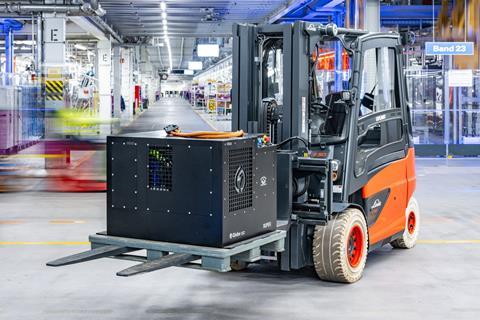
BMW Group Plant Regensburg is spearheading a logistical transformation by embracing hydrogen propulsion technology. Starting in 2026, the plant will deploy hydrogen-powered tugger trains and forklift trucks across its production areas, including the press shop, body shop, and assembly lines. This marks the beginning of a phased transition from electric to hydrogen logistics, slated for completion by 2030.
“Switching production logistics from electricity to hydrogen will diversify our plant’s energy mix – while optimising logistics processes and saving valuable space”
- Katharina Radtke, Project Manager, Regensburg, BMW
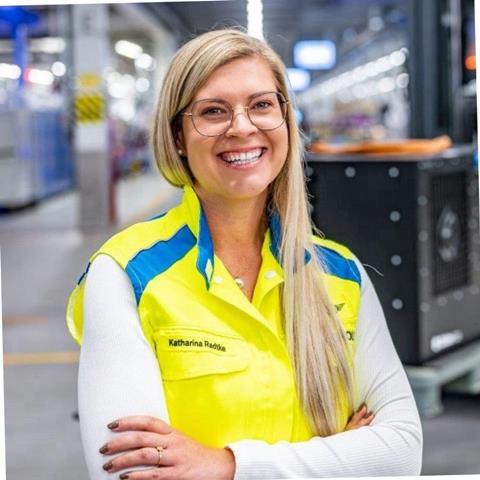
Armin Ebner, Head of BMW Group Plant Regensburg, underlines the strategic value of the shift. “The gradual transition from electric to hydrogen propulsion brings us another step closer to the BMW iFACTORY, our digital and sustainable factory of the future.”
Efficient logistics, optimised space for BMW Regensburg
The plant’s current logistics fleet of 230 vehicles relies on electric power, but managing this system is labour-intensive. Industrial truck batteries require manual replacement twice per shift, with each swap taking approximately 15 minutes and demanding dedicated storage space.
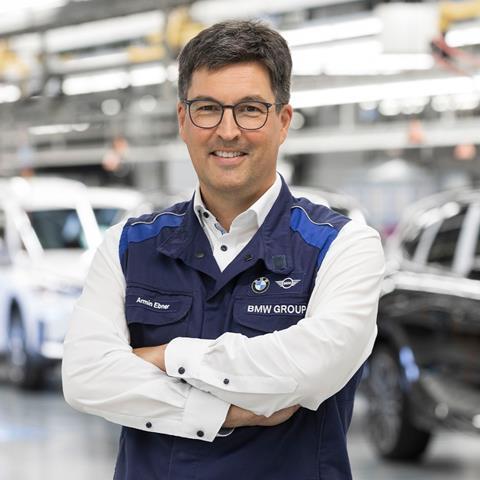
In contrast, hydrogen technology offers streamlined efficiency. “The advantage of hydrogen is that refuelling is very fast – just like with conventional fuels,” explains Katharina Radtke, Project Manager. “The filling stations required for this will be installed directly within the different production areas and do not take up much space.”
To facilitate this transition, the plant will build a two-kilometre pipeline network and install six decentralised hydrogen filling stations by early 2026. Hydrogen will be delivered in specialised trailers, doubling as interim storage to ensure a steady supply. Upon completion, the plant expects annual hydrogen consumption to reach 150 tonnes.
More BMW Stories
- BMW: ‘Designing for Circularity’ to lead in sustainability
- Strengthening the EV future at BMW’s Wackersdorf battery centre
- Conquering Mexico with sustainable production: BMW
- How BMW is ramping up its circular production principles
A forward-looking energy mix
Radtke highlights the broader implications of the change. “Switching production logistics from electricity to hydrogen will diversify our plant’s energy mix – while optimising logistics processes and saving valuable space.” By integrating hydrogen, BMW is aligning its logistics with the company’s sustainability goals while enhancing operational efficiency.
This ambitious initiative complements the BMW iFACTORY vision, a strategy prioritising digitalisation, sustainability, and adaptability. The project underscores BMW’s commitment to pioneering advanced technologies that reinforce both environmental and operational





























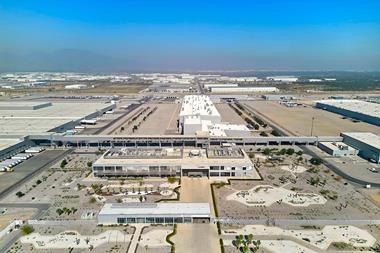
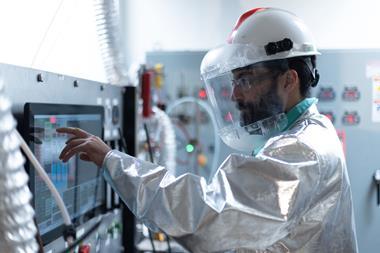

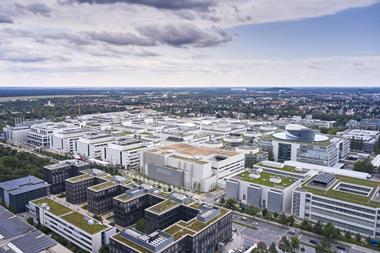
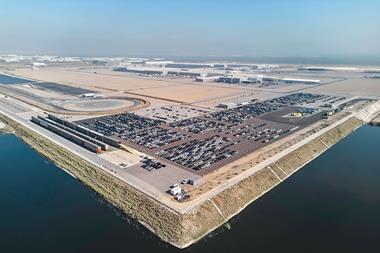
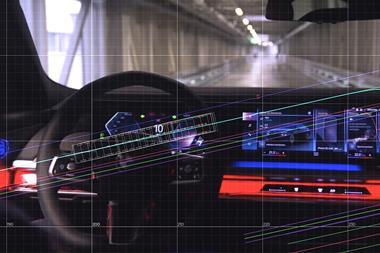



No comments yet